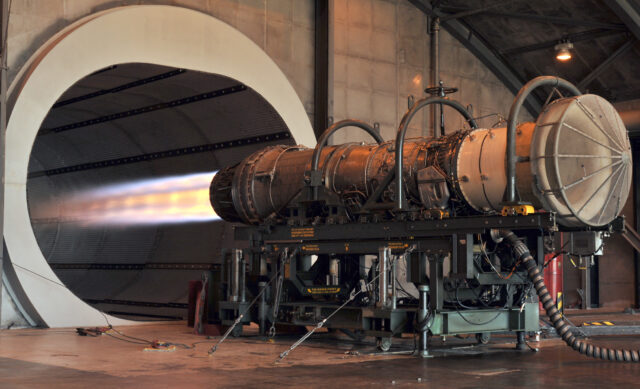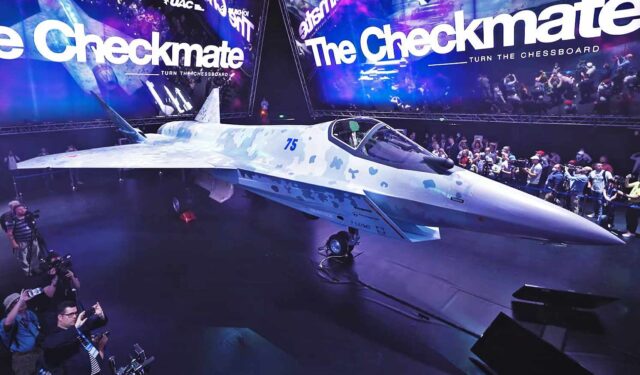Airbus A320 family set to overtake Boeing 737 as world’s best selling commercial aircraft

August 18, 2025

The long-running battle between Airbus and Boeing for supremacy in the single-aisle market has reached a historic turning point. The Airbus A320 family, introduced in the late 1980s as a challenger to Boeing’s market-defining 737, is now within striking distance of becoming the most delivered aircraft family in aviation history.
According to data from Airbus, the European manufacturer has delivered around 12,155 A320-family jets as of mid-August 2025. Boeing’s 737 programme, which dates back to 1967, has delivered roughly 12,171 aircraft over its lifetime.
The gap, now little more than a dozen units, is expected to close within weeks, given Airbus’s consistently higher monthly output.
Boeing vs Airbus: A rivalry that defined modern aviation
The Boeing 737 dominated the single-aisle sector for decades, with successive versions – the Classic, Next Generation, and MAX – powering the growth of global short- and medium-haul air travel.
Airbus entered the fray later, with the first A320 delivery in 1988. The aircraft was the first commercial jet with a fully digital fly-by-wire control system, and its six-abreast cabin proved a hit with passengers and airlines alike.

The rivalry quickly intensified. Airbus steadily gained market share through the 1990s and 2000s, often out-delivering Boeing on an annual basis.
In 2010, Airbus launched the re-engined A320neo, offering significant fuel savings. Boeing followed with the 737 MAX two years later, but Airbus’s head start and smoother introduction gave it a lasting advantage.
Airbus is delivering aircraft faster than Boeing
In the first seven months of 2025, Airbus delivered 286 A320neo family jets, compared with Boeing’s 243 737 MAX aircraft.
The European planemaker has been working towards its goal of ramping A320neo production to 75 per month by 2026, while Boeing continues to struggle with quality issues and regulatory scrutiny that have hampered MAX output.

For airlines, the A321neo in particular has become a standout success. With its extended range and capacity, it has opened up new point-to-point routes previously only viable with widebodies, a trait that has been augmented with the launch of the A321XLR.
Airbus has sold thousands of the type, and its dominance in the upper end of the single-aisle market contrasts sharply with Boeing’s MAX family, which lacks a true A321 competitor. The MAX 10, hoping for certification in 2026, will close this gap somewhat, although it still won’t have the capacity of the A321.
A symbolic overtake by Airbus
Although the difference between 12,171 and 12,155 is marginal, the symbolic importance is enormous. For the first time in modern commercial aviation, Boeing’s flagship programme is about to be surpassed by its European rival.

The handover also reflects broader trends. Airbus has been winning more new orders in recent years, particularly in Asia and Europe, while Boeing has struggled to rebuild confidence following the two fatal MAX crashes and subsequent global grounding.
Airbus’s backlog of more than 7,700 A320-family jets ensures it will maintain production leadership for the foreseeable future.
When will the A320 overtake the 737?
All signs point to Airbus officially surpassing Boeing’s long-time record before the end of 2025, with many projections suggesting it may happen by late summer or early autumn.
When it does happen, this will mark the end of a half-century reign by the Boeing 737 as the world’s most-sold jetliner. For Airbus, it will be a vindication of decades of investment in fly-by-wire, fuel efficiency, and fleet flexibility.
The duopoly in commercial aviation remains intact, but the balance of power has shifted decisively. As one analyst put it, “The A320 hasn’t just caught up with the 737; it has redefined what an aircraft family can achieve.”
















